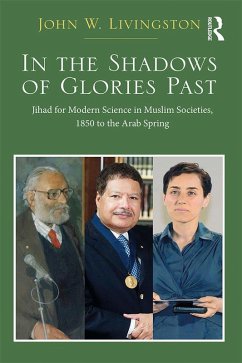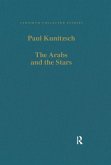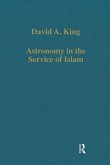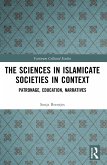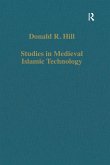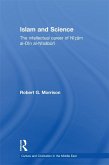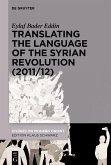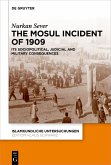This volume reveals the undermining effect of European imperialism on western-oriented religious reformers and secular intellectuals, for whom science and political reform went together, and concludes with a chapter on the state of science in contemporary Muslim societies and the efforts to institutionalize science (before the upheavals of 2011) so as to bring to life an authentic and indigenous culture that would sustain scientific study and research as autonomous pursuits.
Dieser Download kann aus rechtlichen Gründen nur mit Rechnungsadresse in A, B, BG, CY, CZ, D, DK, EW, E, FIN, F, GR, HR, H, IRL, I, LT, L, LR, M, NL, PL, P, R, S, SLO, SK ausgeliefert werden.

